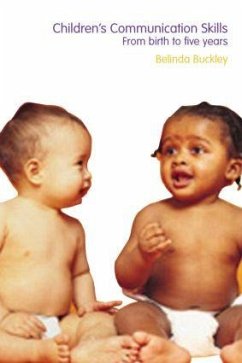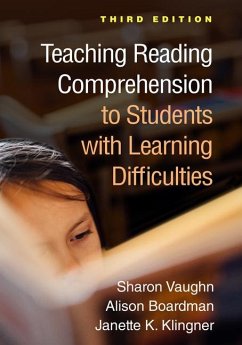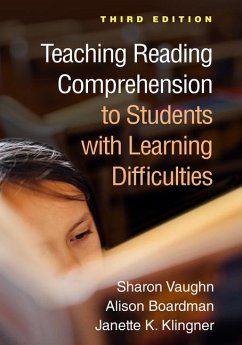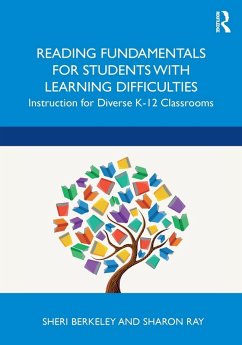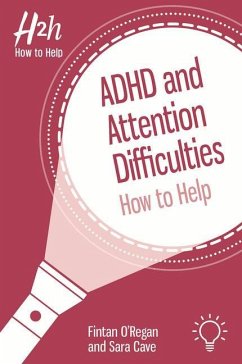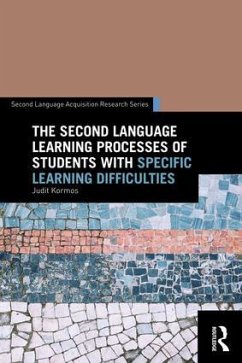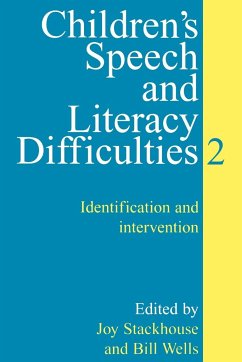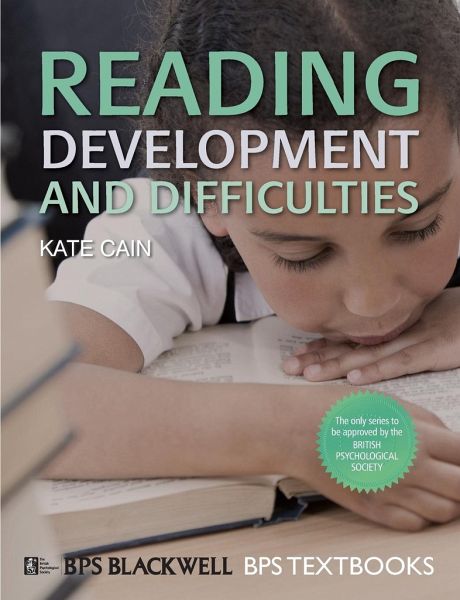
Reading Development and Difficulties
Versandkostenfrei!
Versandfertig in 2-4 Wochen
50,99 €
inkl. MwSt.

PAYBACK Punkte
25 °P sammeln!
Reading is a complex activity that involves a range of skills in order to access meaning via the printed word. Reading Development and Difficulties demonstrates that there are two aspects to a child becoming a skilled reader: the development of good word reading skills and the ability to extract the overall meaning of a text.





